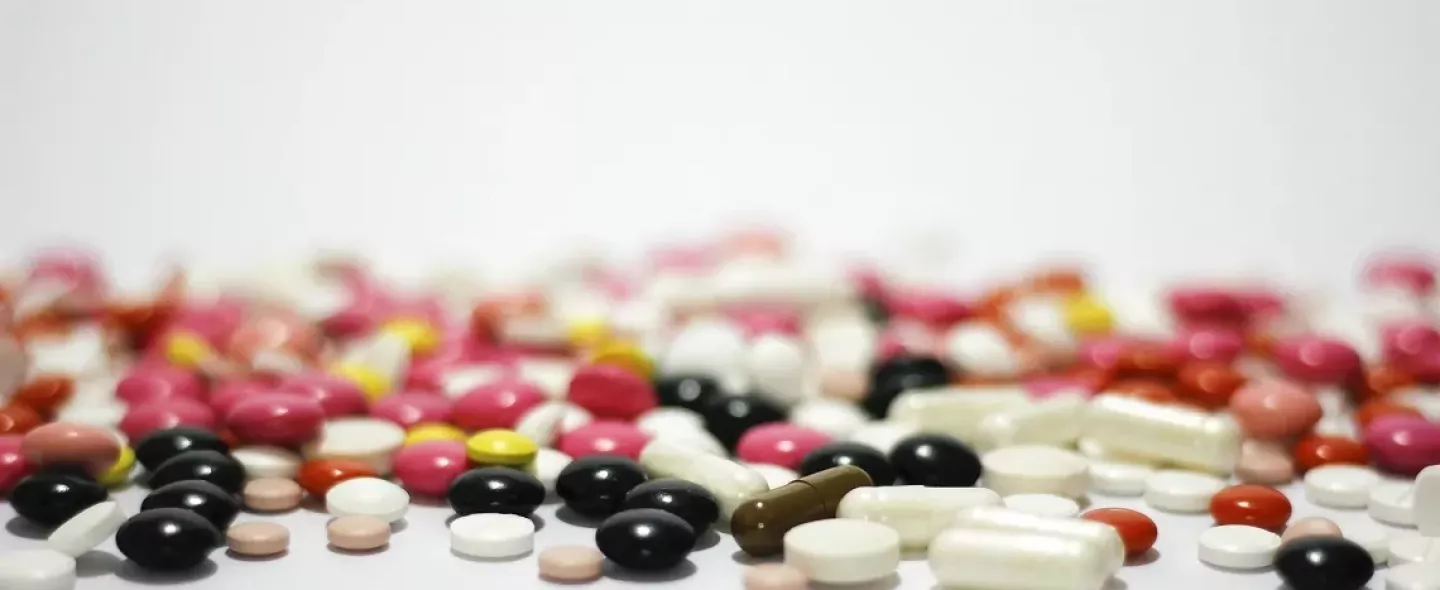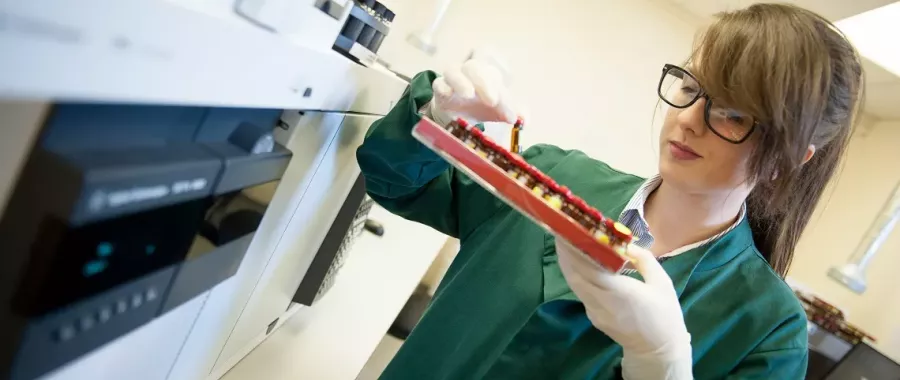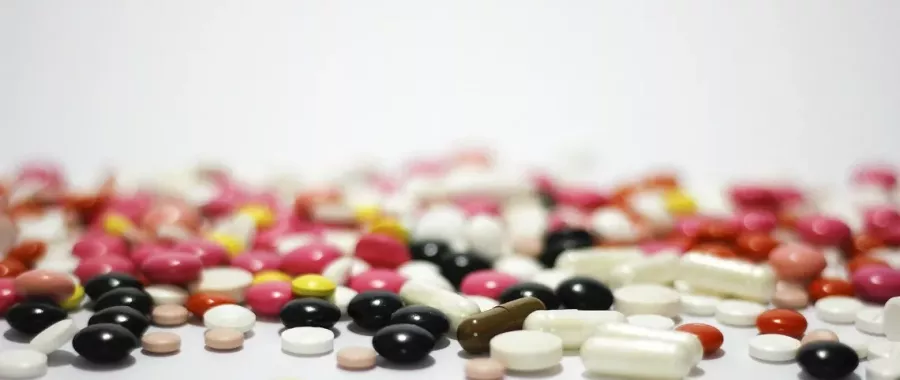On 26 May 2016, the Psychoactive Substances Act came into force, making it an offence to produce, or possess with the intent to supply, psychoactive substances across the UK. SOCOTEC's forensics director, Fiona Coope, discusses this update in legislation.
The number of ‘legal highs’ in the UK market has grown exponentially over the last couple of years.
At the same time, according to the latest statistics from the Centre for Social Justice (CSJ), police incidents involving these types of substances have trebled across England. Such drugs include synthetic cannabinoids, known as ‘spice’, often marketed as herbal incense, and benzofuran compounds that produce effects similar to ecstasy. These products, in many cases sold legally in the UK, have been directly linked to poisonings, emergency hospital admissions, seizures and even deaths.
Psychoative Substances Act 2016 - what you need to know
The Psychoactive Substances Act 2016, which came into force on 26 May, supports the Misuse of Drugs Act 1971 to ensure that these kinds of legal highs can no longer be sold on the UK high street.
Previously, drugs have been legally classified based on their exact chemical make-up, meaning manufacturers have been able to circumvent a ban on a particular substance by slightly altering the chemical composition of their product. This allows a new drug to be created which remains essentially the same, but exempts it from legal control as it is technically a new substance.
In response, the Government’s new Act has outlawed any drug ‘capable of producing a psychoactive effect’. This is defined as a substance that can stimulate or depress a person’s central nervous system or affect the user’s mental functioning. There are some exceptions; caffeine, alcohol and medications, for example, are excluded.
In essence, the previous system, in which drugs were only illegal if they were named by the Government, has been bolstered by this new legislation. Now, any substance that causes known psychoactive effects is automatically banned, unless it is explicitly for commercial, industrial or medicinal use.
Following the ban, police are able to prosecute anyone found producing psychoactive substances or those who are trying to sell the drugs onto others. It’s estimated that there are potentially more than 350 known legal highs in the UK market that has been blanket banned under the new legislation. However, whether that number will increase over the coming months, is yet to be seen.
For more information about SOCOTEC’s drug testing capabilities, please click here.



